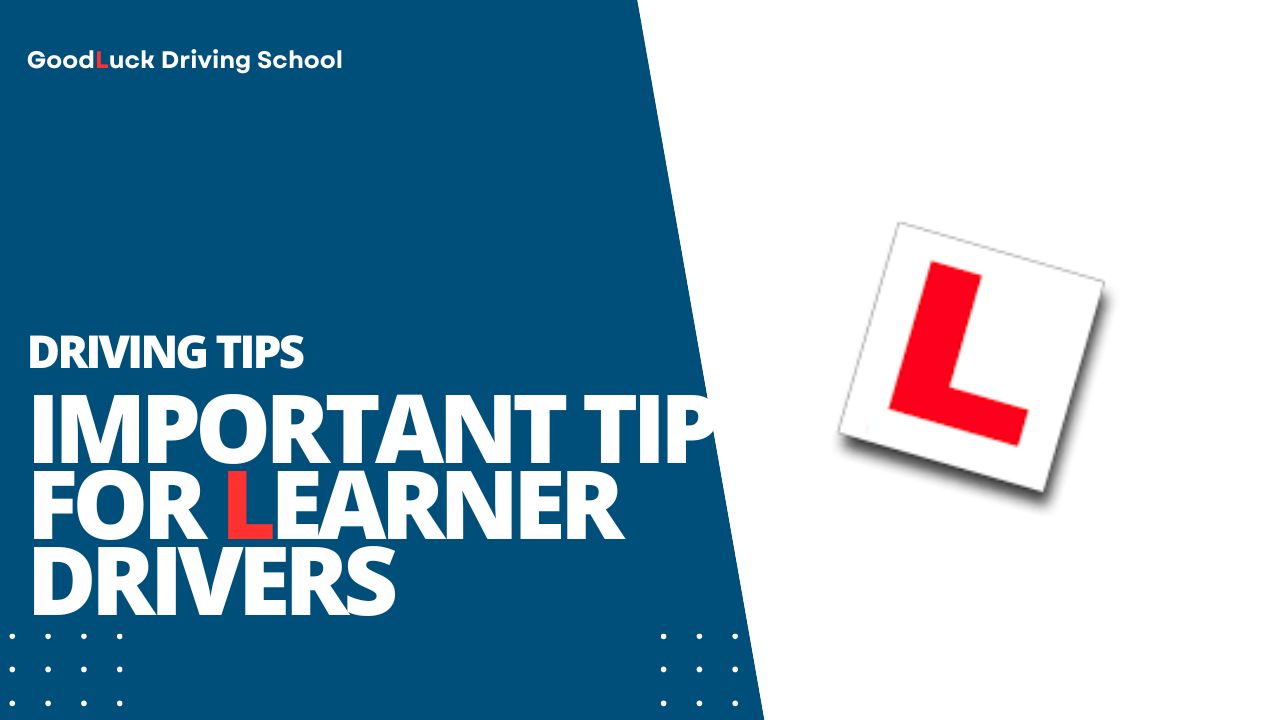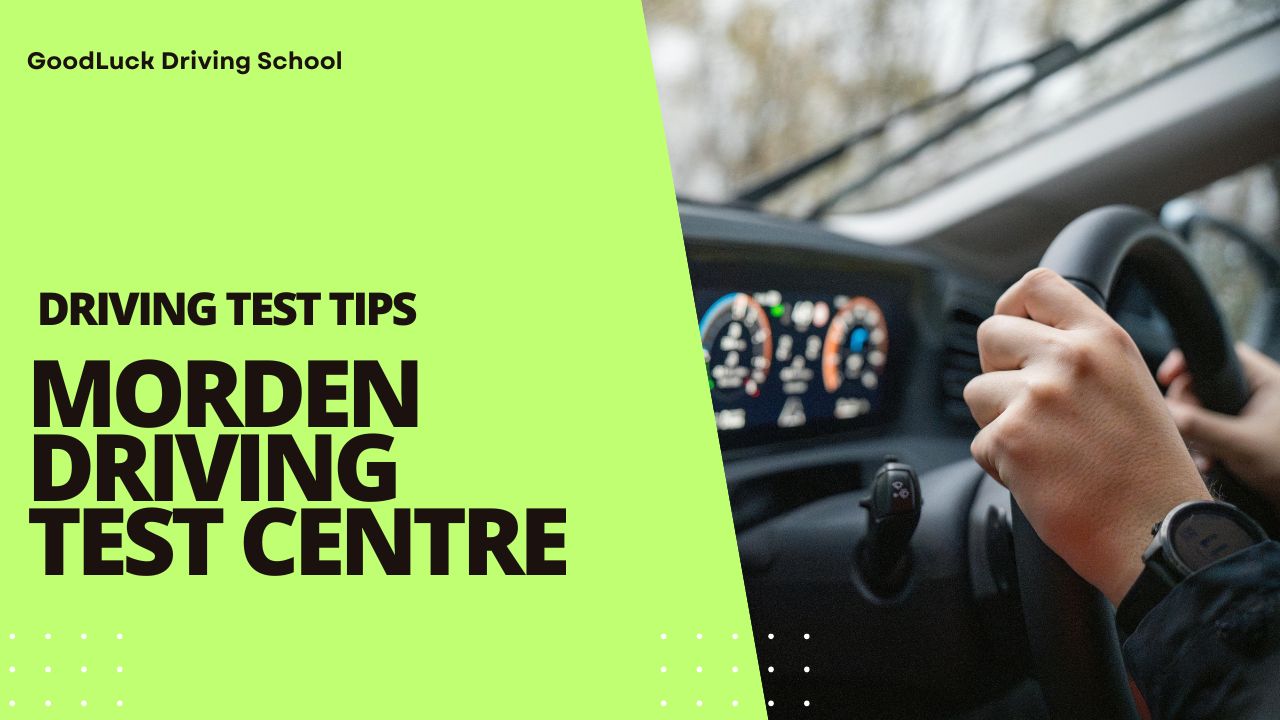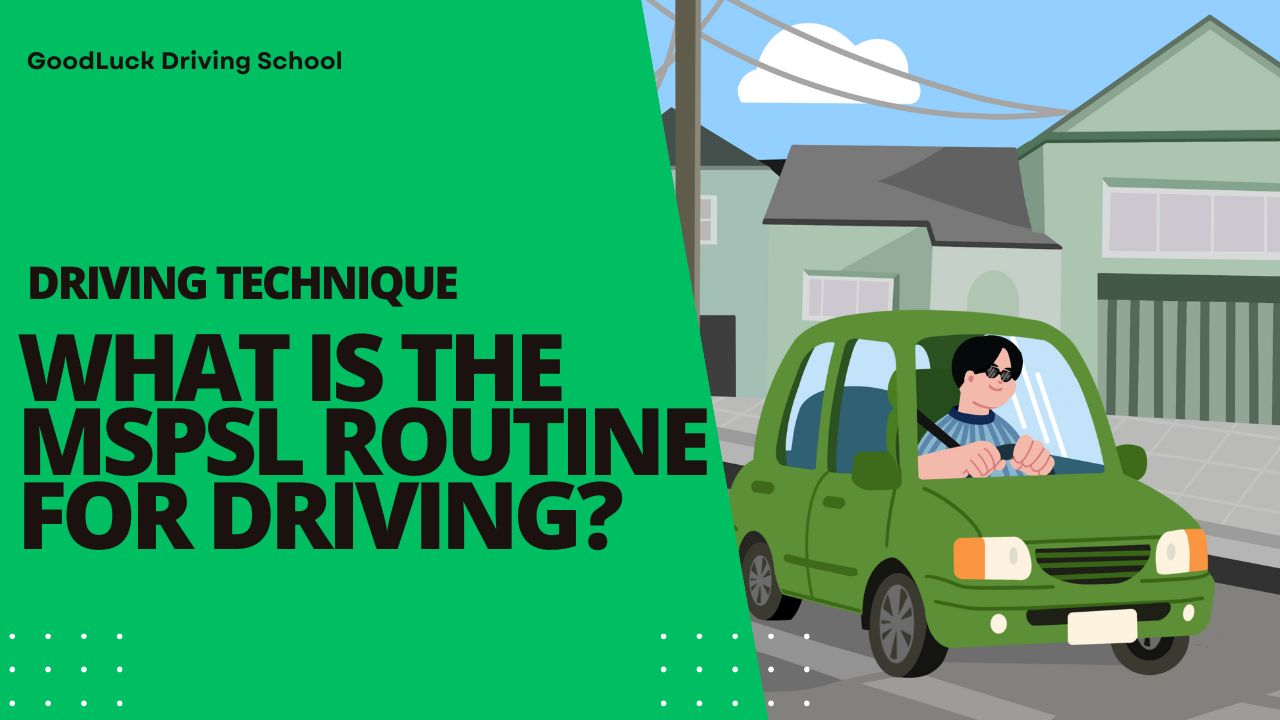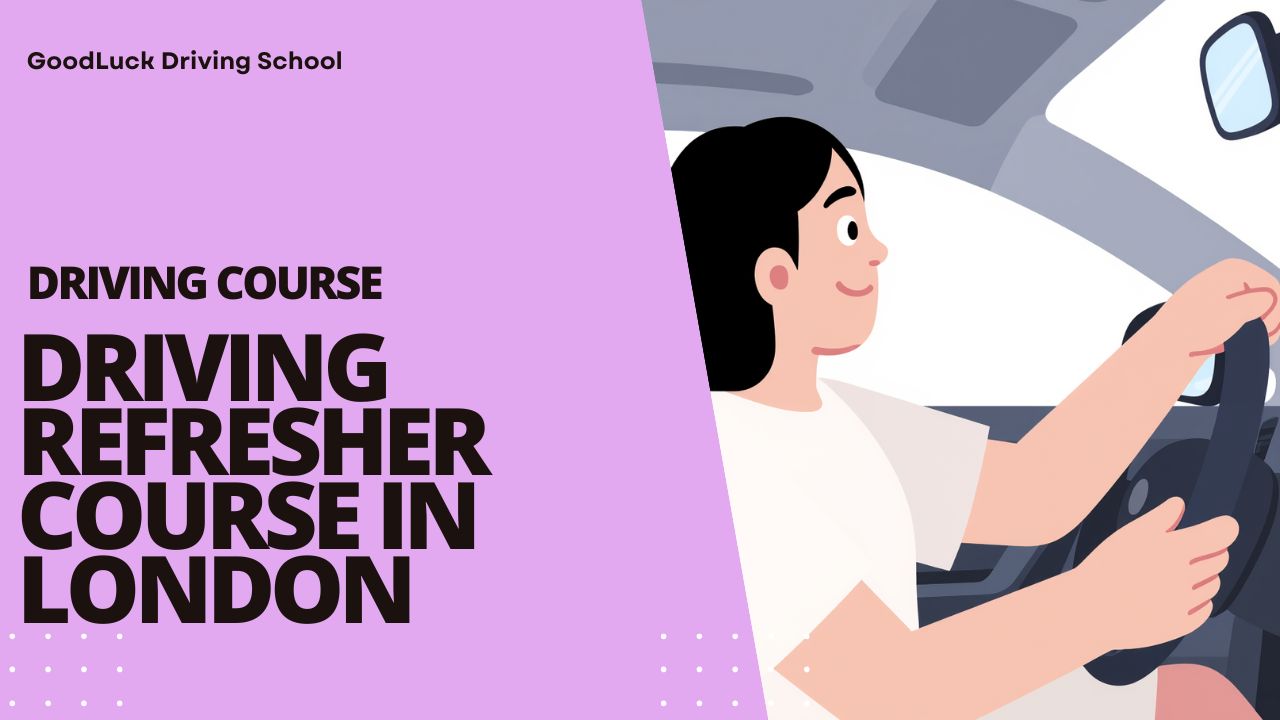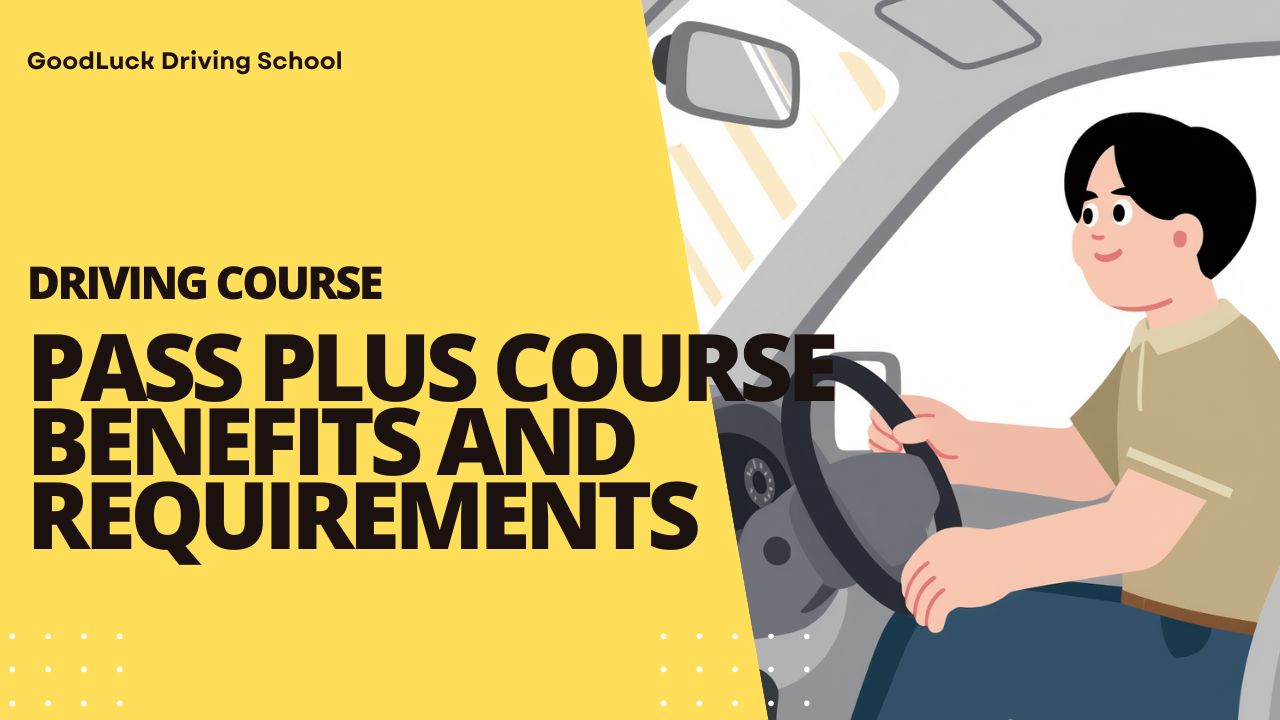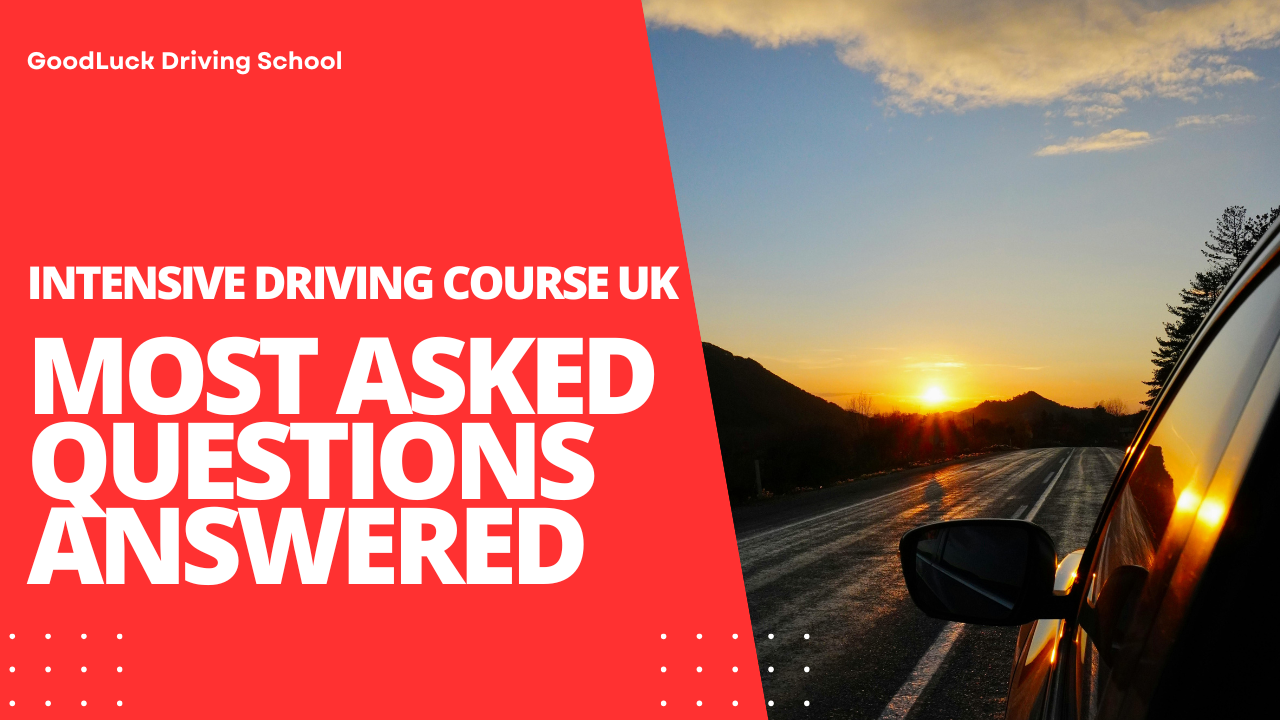
What are The Main Reasons for Road Accidents in The UK
1. Human Error: The Leading Cause
Most road accidents in the UK happen because of driver mistakes, not bad weather or broken vehicles.
1. Speeding
Driving too fast cuts your reaction time. You can’t stop quickly if something appears in front of you.
Speeding causes over 25 percent of fatal crashes in the UK, mostly on rural or single-lane roads.
Drivers often break speed limits when roads look empty, but that’s when deadly crashes happen.
2. Using Phones While Driving
Texting or checking your phone takes your eyes off the road and your hands off the wheel.
Even hands-free calls distract your brain and delay your reaction to danger.
UK law bans phone use while driving unless your car is parked in a safe place.
3. Drink and Drug Driving
Alcohol and drugs slow your thinking and delay your reactions, even in small amounts.
Police often do random checks, and penalties now include heavy fines and driving bans.
4. Driving While Tired
Tired drivers lose focus and move between lanes without realising it.
Poor sleep, long drives, or working night shifts raise the risk of falling asleep at the wheel.
Even a one-second doze can lead to a crash at high speed with no time to react.
5. Aggressive and Risky Driving
Tailgating, cutting lanes, or ignoring traffic rules causes many avoidable accidents.
Some drivers take risks just to save a few minutes, but it puts lives in danger.
Stress and road rage push people to make bad decisions behind the wheel.
10 Most Common Car Accident Causes in Great Britain
Total number of accidents analyzed: 66,667
2. Bad Weather and Road Conditions
Bad weather and rough roads cause many accidents in the UK.
1. Rain, Snow, and Fog
Rain makes roads slippery and makes it easier for drivers to lose control. Snow and ice can make braking harder.
Heavy rain can leave water on the road, which might make your car slide. This happens when tires lose contact with the road.
Fog reduces visibility. It’s harder to spot danger in time, especially on country roads.
2. Poor Lighting
Driving at night or in dim light makes it harder to spot danger and raises the risk.
Dim or missing street lights in rural areas make it hard to see people, cyclists, or animals.
Poor lighting makes it tough to judge speed and distance.
3. Road Surface Conditions
Drivers can lose control when they hit potholes, cracks, or uneven roads.
In winter, roads may freeze overnight, leading to black ice. Drivers often don’t realize it’s there until it’s too late.
Standing water, mud, or debris from storms can also cause accidents if not cleared in time.
3. Vehicle-Related Issues
Faulty cars often cause accidents in the UK. Many crashes happen due to poor vehicle condition.
1. Mechanical Failures
Cars break down when parts like brakes or tires fail unexpectedly. A worn-out brake system is especially dangerous.
There is also the potential of tire blowouts. The driver may lose control if their tires rupture because they are old or damaged.
2. Poor Maintenance
Regular servicing is crucial for safe driving. Skipping maintenance can lead to serious accidents from faulty parts.
A lot of drivers disregard dashboard warning lights. These can indicate major problems like brake trouble or low oil.
3. Faulty Vehicle Recalls
Sometimes cars are recalled due to safety issues. If you don’t fix the problem, your car could fail when you need it most.
Manufacturers provide recall notices, but it is the driver’s responsibility to take action and have the repairs completed.
4. Pedestrian and Cyclist Involvement
Vehicles often hit pedestrians and cyclists in accidents. Here’s how these incidents happen.
1. Shared Road Space
In busy cities, pedestrians and cyclists share the road with cars. This can lead to accidents if drivers or riders are not careful.
Many crashes happen because drivers don’t notice cyclists or pedestrians in busy traffic areas.
2. Lack of Awareness
Pedestrians may cross streets without looking, especially in busy urban areas. Cyclists might ride in areas where they’re not visible.
Drivers sometimes fail to notice pedestrians at crossings or cyclists in their blind spots.
Conclusion
Human error, weather, and poor vehicle maintenance are the biggest factors.
Drive safely, look after your car, and stay alert on the road to lower your chance of having an accident.
Always follow traffic laws, stay focused, and respect other road users, including pedestrians and cyclists.
BOOK NowOR CALL US AT


